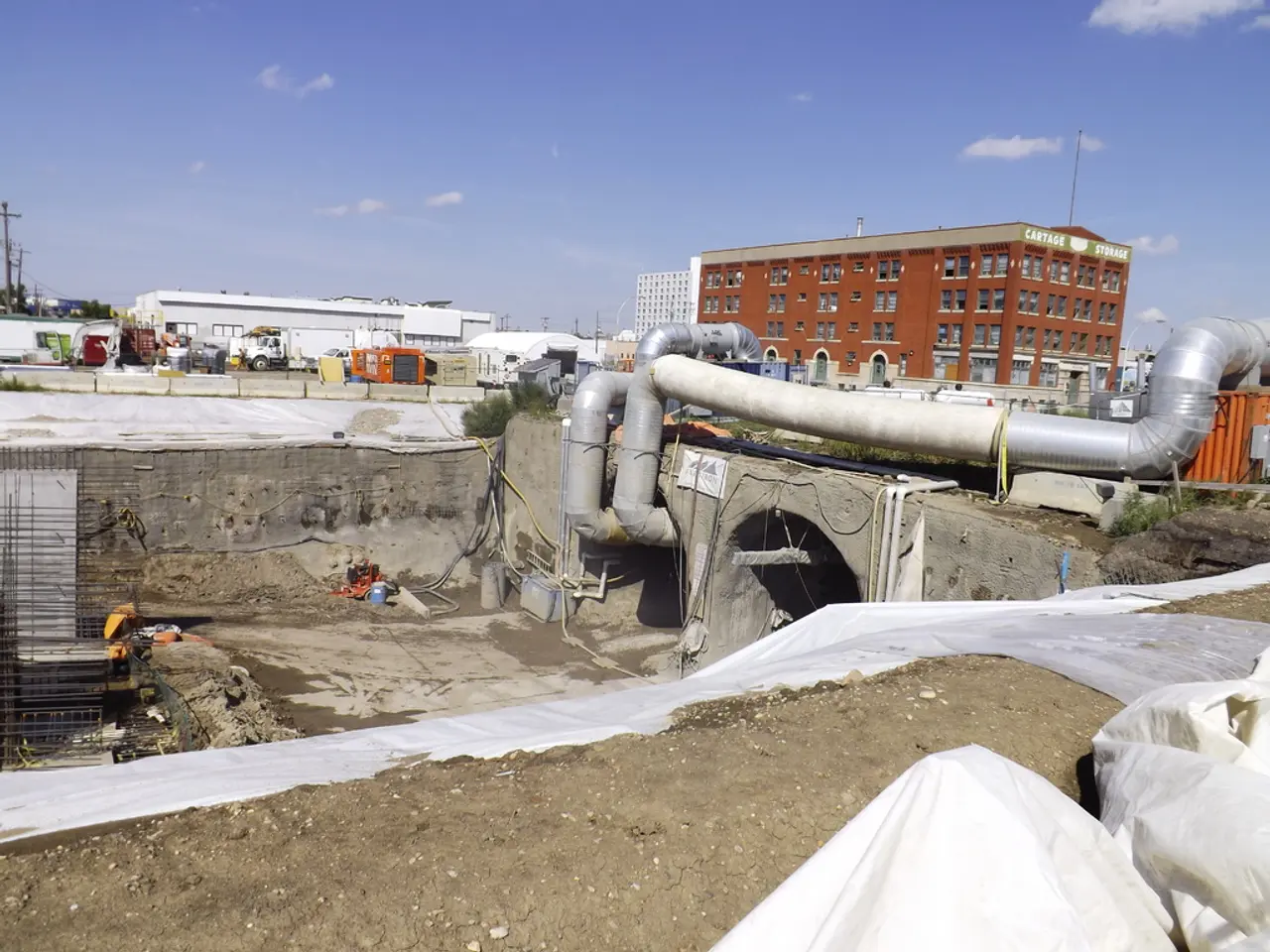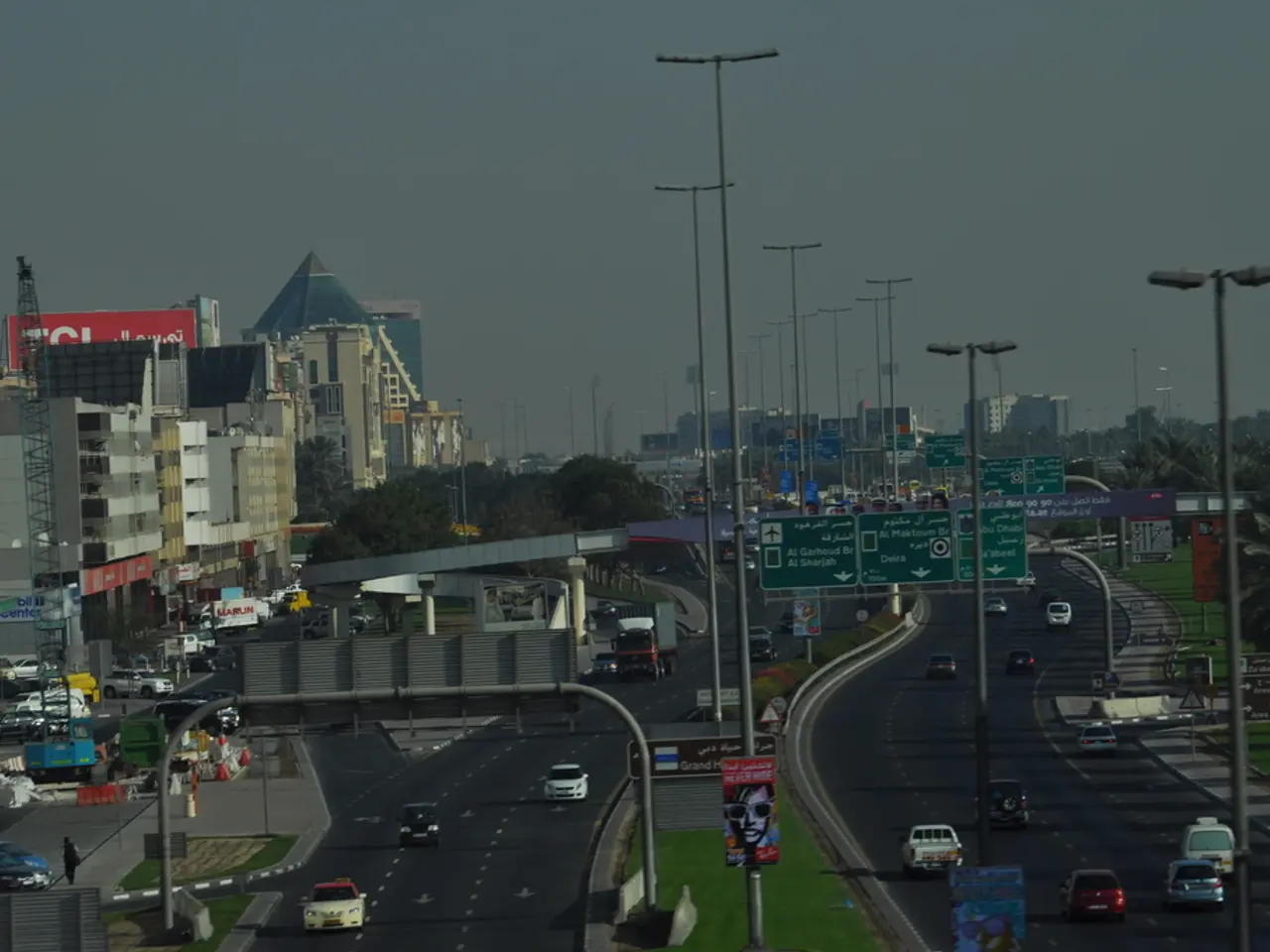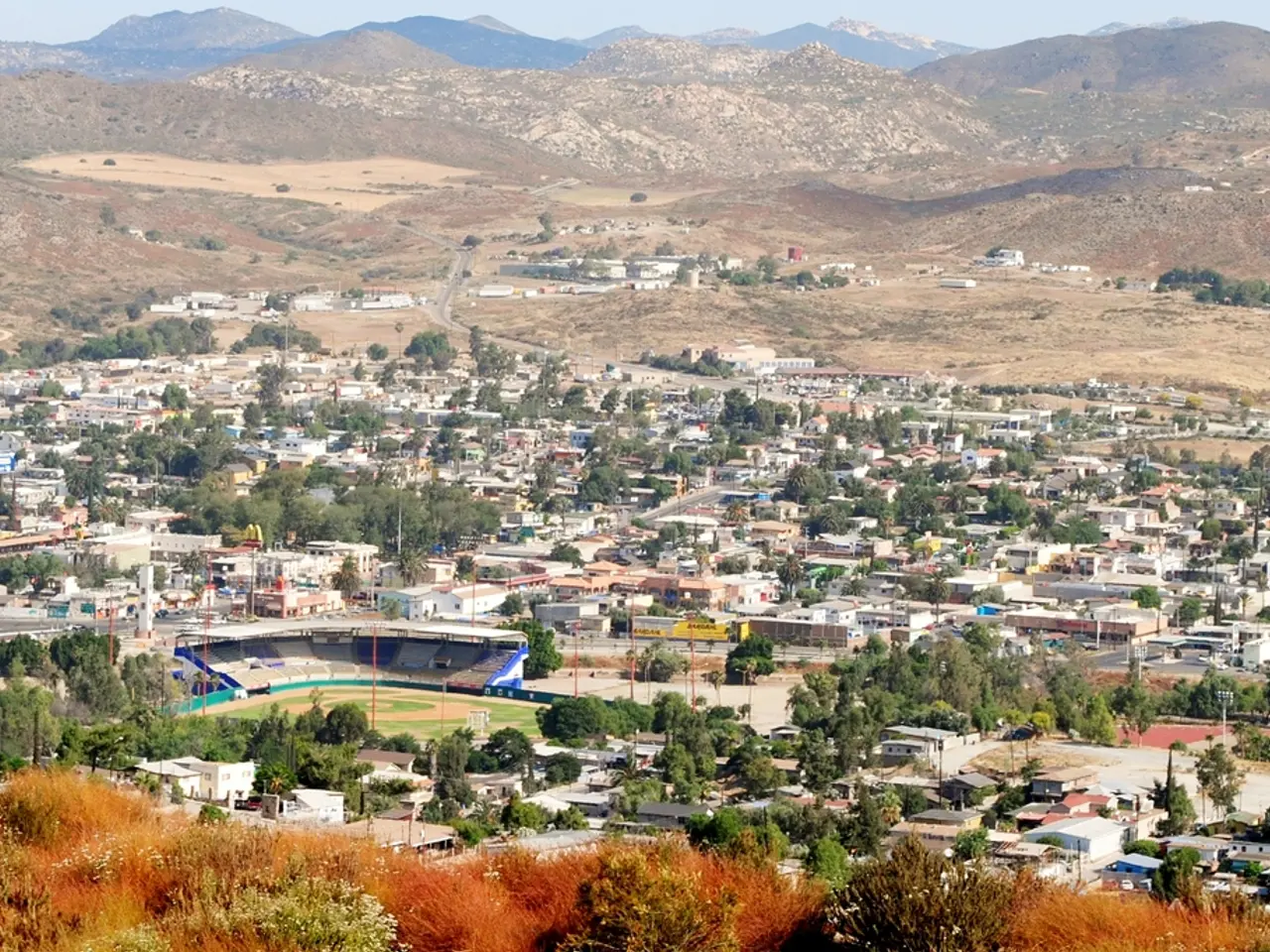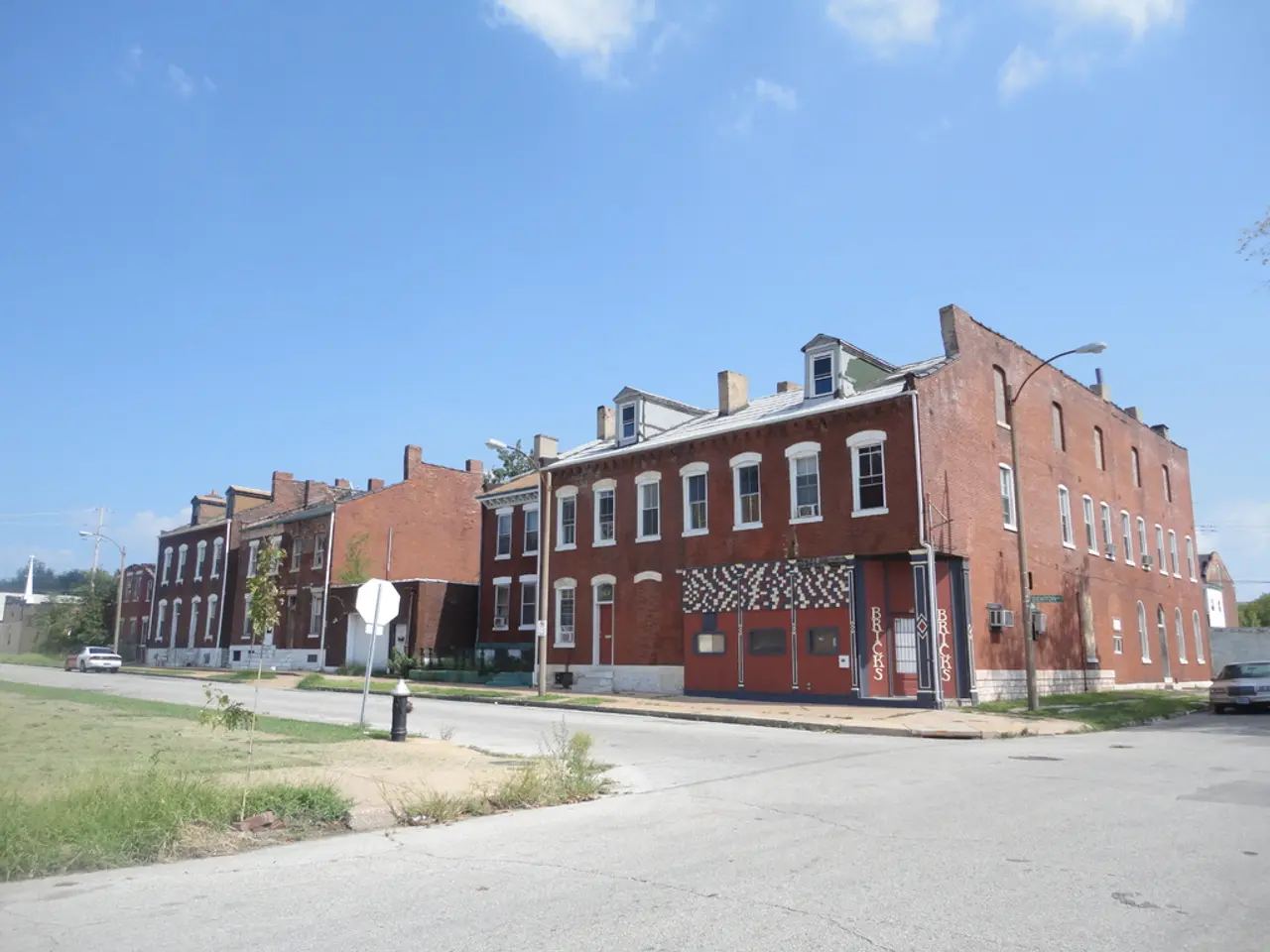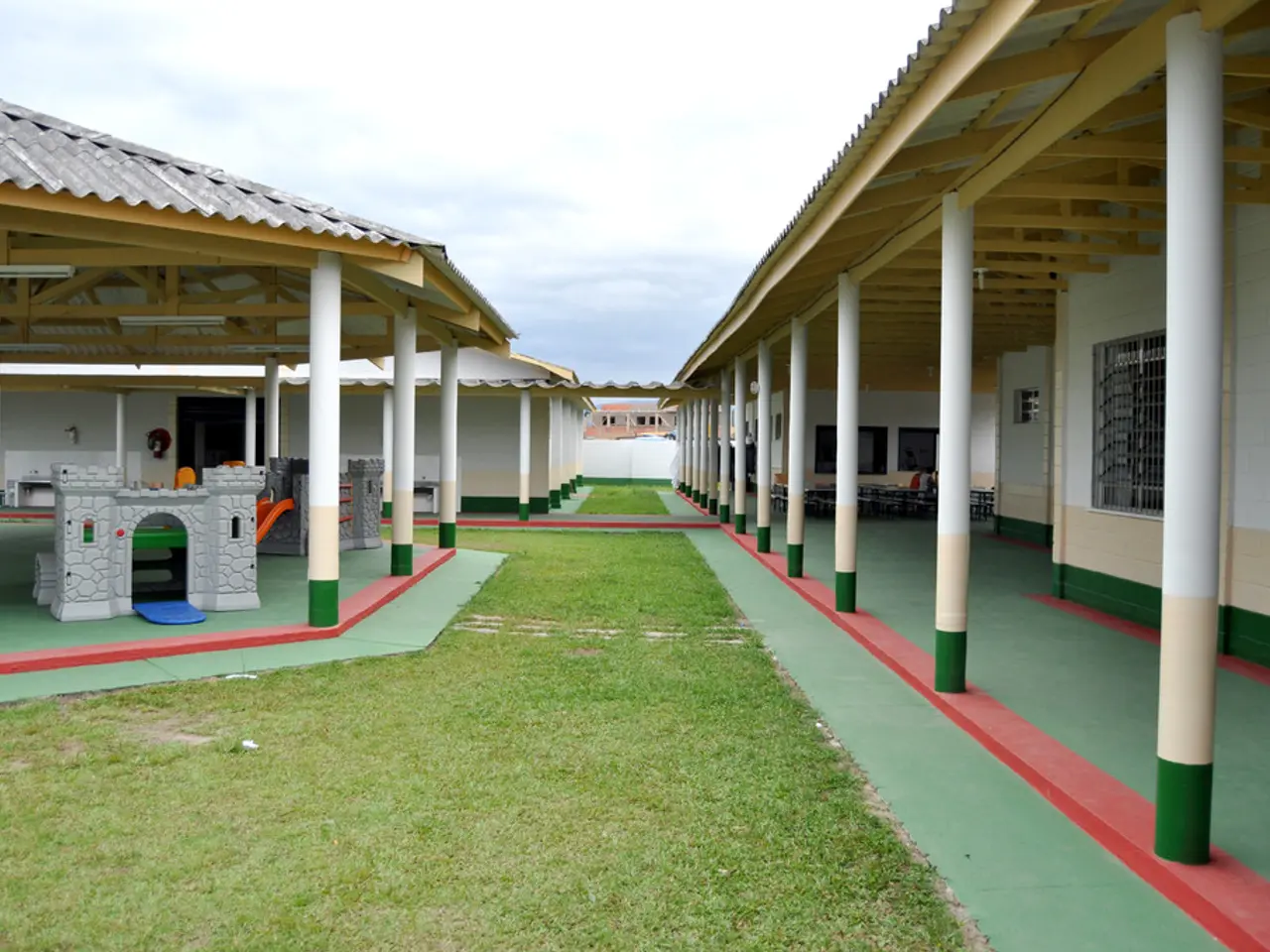Republican voters are now holding former President Trump accountable for his actions
The "Big Beautiful Bill," also known as H.R. 1, has been making waves in the political landscape of the United States. Passed by the House and expected to be signed into law, this bill has significant impacts on the U.S. economy, especially affecting lower-income earners and the healthcare industry.
Lower-Income Earners Brace for Change
The bill enacts major cuts to Medicaid funding, reducing federal support by nearly $863 billion, and imposes more stringent work requirements and eligibility checks on some able-bodied adults receiving Medicaid. These cuts are expected to cause approximately 11.8 million Americans to lose health coverage over the next decade. Alongside Medicaid, the bill includes restrictions that shift some costs of SNAP (food stamps) to individual states, potentially increasing state expenses significantly. Overall, the bill reduces resources for the lowest 10% of earners by an average of $1,600, while increasing resources for the highest 10% by about $12,000 due to tax cuts. These safety-net program reductions worsen economic inequality and may worsen access to food and healthcare for vulnerable populations.
Healthcare Industry Faces Financial Strain
The American Hospital Association (AHA) strongly criticized the bill, noting the nearly trillion-dollar Medicaid cuts will negatively affect hospitals’ ability to serve their communities and jeopardize access to care for vulnerable groups such as children, the disabled, seniors, and veterans. Hospitals fear that reduced Medicaid funding could lead to hospital closures or reduced services, impacting healthcare availability and quality nationwide. The bill also delays some proposed cuts to Medicaid provider taxes but still aims to lower these taxes gradually, impacting the financing model for healthcare providers. Additionally, cuts to the Consumer Financial Protection Bureau may indirectly affect healthcare financing, as this agency plays a role in regulating financial practices of banks and tech companies related to consumer protection.
Broader Economic Consequences
The bill is projected to increase the federal deficit by $3 trillion, including about $500 billion in increased interest costs. This deficit growth could trigger automatic cuts (“sequestration”) to Medicare by $500 billion, further straining the healthcare system. Job losses are expected at the state level due to cutbacks in Medicaid and SNAP funding, impacting economic stability in low-income communities.
The future of the "Big Beautiful Bill" and potential similar legislation remains uncertain, particularly in the wake of changing trade conditions, a faltering private labor market, and the approach of the 2026 elections. As the bill's impact on future policy is uncertain, the debate surrounding its merits and drawbacks will undoubtedly continue.
The European Parliament has expressed its concern about the recent events in the United States, given the impact of politics on general news, as the "Big Beautiful Bill," or H.R. 1, enacts cuts to Medicaid funding that could affect millions of Americans, leading to potential hospital closures or reduced services and job losses, especially in low-income communities, causing worry among both the healthcare industry and lower-income earners.
